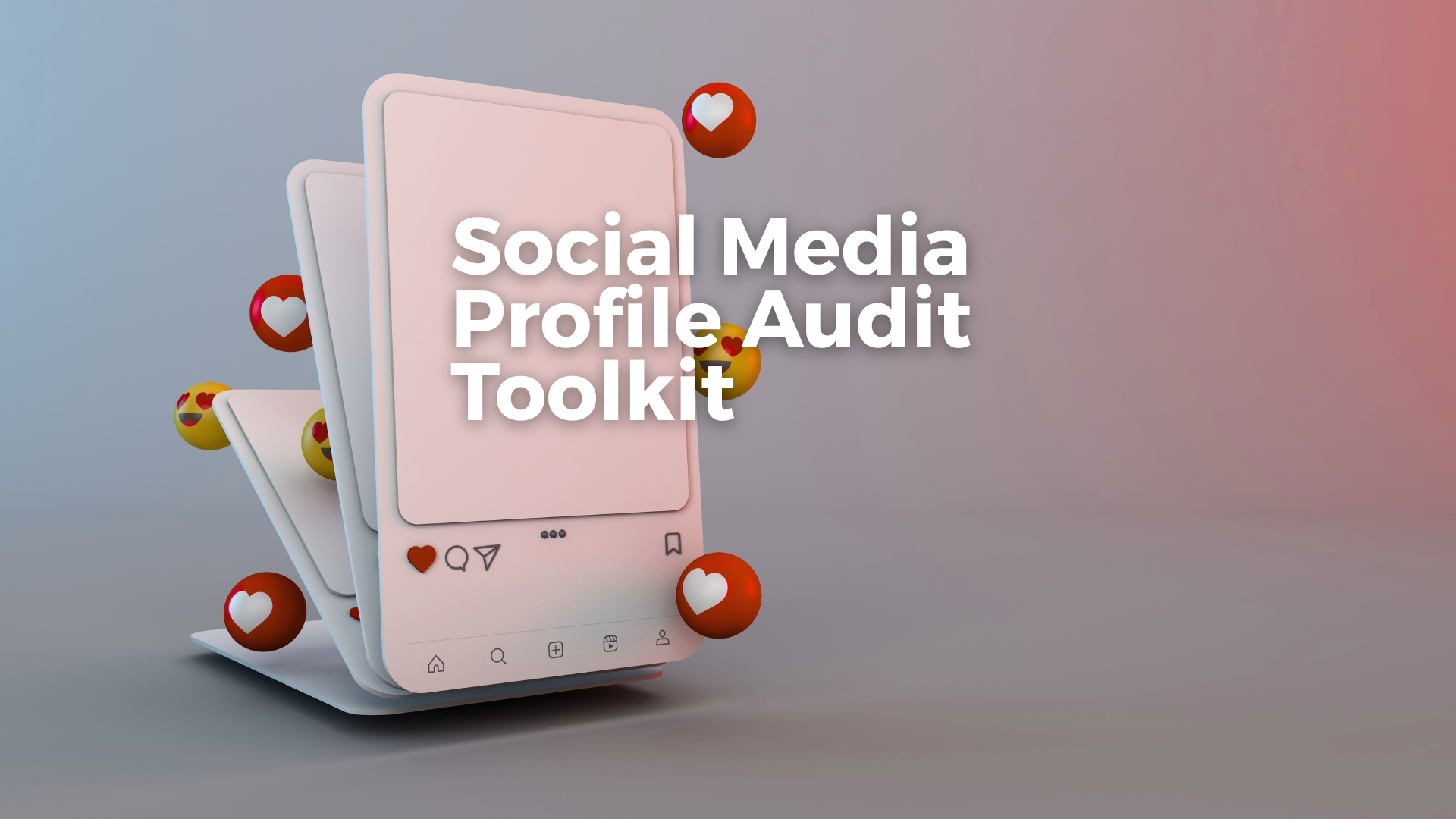
Exploring how to build a personal brand might seem daunting, especially when you’re juggling a nine-to-five job. I faced this challenge firsthand when I decided to start my weekly newsletter, Remarkable Monday. By consistently publishing valuable content every Monday, I managed to create a solid engagement rate with my subscribers. Let me share how you can do the same.
What is a Personal Brand?
A personal brand is the unique combination of skills, experiences, and personality that you want the world to see. It is how you present yourself online and offline to your audience, whether colleagues, industry peers, or potential employers.
Just like a corporate brand, a personal brand is about creating a consistent, targeted impression that makes you stand out from the crowd.
Why is a Personal Brand Important?
Let’s face it: Today’s job market is competitive. Having a strong personal brand helps you to be recognized for your expertise, makes you more attractive to potential employers, and can even lead to career advancements and entrepreneurial ventures.
A well-crafted personal brand also gives you a platform to share your passions, values, and goals with a broader audience, which can lead to professional connections and collaborations.
Enhancing Your Personal Brand with a Nine-to-Five
Building a personal brand while maintaining a full-time job can be challenging, but it is definitely achievable with a strategic approach. Here are some steps to help you get started:
1. Self-Assessment and Goal Setting
Before you start building your personal brand, it’s essential to understand yourself. Reflect on your strengths, weaknesses, passions, and values. Ask yourself questions like:
- What are my unique skills and talents?
- What am I passionate about?
- What are my core values?
- What do I want to be known for?
Once you have a clear understanding of who you are, set specific goals for your personal brand. These goals could be anything from becoming a thought leader in your industry to gaining more followers on social media.
2. Define Your Audience
Understanding your target audience is crucial for building a personal brand. Identify the people you want to reach with your brand. This part is crucial because you have to idetify who you are talking to online.
This could be industry professionals, potential employers, or even customers if you plan to start a business. Knowing your audience will help you tailor your message and choose the right platforms to reach them.
3. Optimize Your Online Presence
Your online presence is the most visible aspect of your personal brand. Start by, at a minimum, updating your profiles on social media platforms like LinkedIn, Twitter, and Instagram. Make sure your profiles are consistent and professional, with a clear bio that highlights your skills and expertise.
- Update your profile photo and add a compelling headline/bio and a succinct call to action (CTA) that points them to an owned platform. After all, social media audiences are rented at best. If the algorithm changes, your whole business model can take a hit. Always have an owned space where your audience can come to meet you. Think of an email list, an SMS/texting list, etc.
- Regularly share highly valuable, industry-related content to engage with your intended audience. Take some time to think deeply and cut through the fluff.
- Invest your time and money into video If your industry is visually oriented. Don’t forget about behind-the-scenes content, success stories, and personal insights to create a more authentic connection with your audience.
4. Start a Blog or Website
Remember what I said about an owned space where your audience can meet you? A blog or personal website is an excellent platform to showcase your expertise and share your thoughts on industry trends. The fact that you are here is a testament to that.
A website or blog also serves as a hub for your online presence, where people can learn more about you and your work. Choose a domain name that reflects your personal brand and start creating valuable content that resonates with your audience.
5. Network Strategically
Networking is a critical component when you decide to build a personal brand. Dominating the digital game is important, but don’t neglect face-to-face interaction that can come as a result of or be enhanced because of your personal brand.
Attend industry events, join professional organizations, and participate in online forums and groups. Connect with people who share your interests and values, and seek out opportunities to collaborate or learn from them. Remember, networking is not just about what others can do for you but also about how you can offer value to them.
My Personal Branding Experience: Building Remarkable Monday
To give you a real-life example, let me share how I decided to build my own personal brand through my weekly newsletter, Remarkable Monday. While working a nine-to-five job, I decided to launch a newsletter that would provide valuable insights and inspiration every Monday.
This decision was based on my desire to share my knowledge, connect with like-minded individuals, and establish myself as a thought leader in my field.
Here’s how I did it:
- Consistency: I committed to publishing the newsletter on the same day every week. Setting this expectation with my audience was crucial. It built trust and reliability, which are key components of any strong brand.
- Content: Each week, I focused on providing high-quality content that was relevant to my subscribers. This meant sharing insights, stories, and tips that resonated with their interests and needs.
- Engagement: I actively encouraged feedback and interaction from my subscribers. This not only helped me understand their preferences better but also created a sense of community around my brand.
By maintaining a consistent publishing schedule and focusing on delivering valuable content, I was able to sustain a solid engagement rate with my subscribers. Remarkable Monday has become a key part of my personal brand, demonstrating my expertise and commitment to providing value.
Leveraging Your Personal Brand for Greater Opportunities
Once you have established your personal brand, it’s time to build leverage for greater opportunities. Here are some strategies to help you do that:
1. Showcase Your Expertise
Use your personal brand to position yourself as an expert in your field. Show up consistently, through published articles, presentations, or even digital products like online courses that demonstrate your knowledge and skills. Share your insights and experiences on social media, and engage in discussions to bridge the conversation without coming across too “salesy.”
2. Be a Guest
Guest posting. Pursuing interview spots on emerging podcasts and speaking engagements are a great way to showcase your expertise and reach a broader audience. Look for opportunities to speak at industry conferences and events. These platforms allow you to share your knowledge, connect with other influencers, and continuously establish yourself as a thought leader.
3. Pursue Career Advancements
A strong personal brand can help you stand out when seeking career advancements. Be sure that you are sharing the journey with your audience. You can also leverage your network to learn about job openings and get referrals from people who know your work.
4. Explore Entrepreneurial Ventures
If you have a strong personal brand, you can turn your passions into a business. Whether it’s starting a consulting firm, launching a product, or creating an online course, your personal brand can help you attract clients and customers. Use your online presence to market your offerings and build a community around your offer.
5. Collaborate with Influencers and Brands
Collaborating with influencers and brands can help you reach a wider audience and gain credibility. Look for opportunities to partner with people and companies that align with your values and goals. These collaborations can take many forms, from guest blogging and co-hosting events to social media takeovers and sponsored content.
6. Continue Learning and Growing
Your personal brand is not static; it evolves as you grow and develop. Continuously seek out opportunities to learn new skills, gain new experiences, and expand your network. Stay updated on industry trends and be open to feedback and change. The more you grow, the more your personal brand will grow with you.
Conclusion
Building a personal brand while working a nine-to-five job might require some extra planning planning, but the rewards can be well worth it. By understanding what a personal brand is, taking steps to build it sustainably, and leveraging it for greater opportunities, you can enhance your career prospects and create a lasting impression in your industry. Start small, stay consistent, and watch your personal band flourish.





